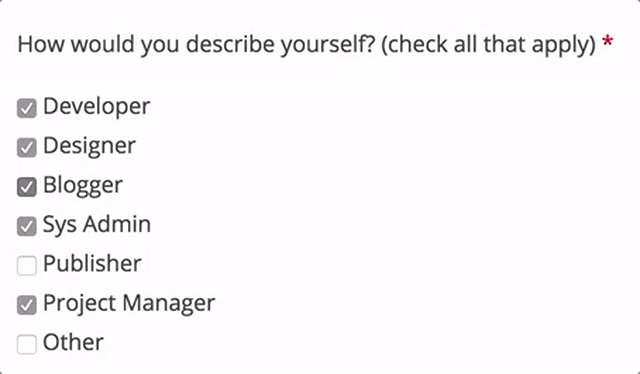The primary attribute I try to look for in a person is how small or localized their temporal perspective is. Are they curious about people that existed before now? About how their actions will affect the future? Are they truly aware they have no more right to exist than any other person?
Most importantly, can they combine data from past and present events and use that to make practical, educated guesses at future events?
For many people, this isn’t only something you do, it’s part of who you are.
For many other people, though, their concerns are confined to the more immediate – the time settings, loops, and games in which they directly are involved – their job, their family, their neighbor – but not their neighbors neighbor.
What terrifies me is exactly that – the tiny locality.
When you don’t look into the past or future, it means your decision-making is based on the assumption of a static reality – a reality where things generally remain the same. A set of consequences that permanently affects reality, if it’s too dissimilar to the current reality, is never considered.
To paraphrase Dan Carlin:
QUOTE
“I think it’s something encoded into our DNA – that we’re conditioned to believe our society is the last and final version of humanity. There will be no more revisions, because we got it right this time. In my research of history, nothing stands out more than the realization that *every civilization thought that*”
END QUOTE
About 12 years ago was when I truly noticed, with a full bearing, that horrifying, quiet awareness most of us have, kept deep inside: how close we are to ending ourselves, that I’m a powerless, insignificant node in a machine intent on cannibalizing itself, and that I am unable to change anything.
That “Statue of Liberty sticking out of the sand” fate (to quote Carlin again) – it destroyed me. I went deep into self-harm, self-isolation, depression, and drug use. It was so permeating, so self-absorbed, that it permanently ended multiple friendships I had then.
I do mean it destroyed me- I’m so fundamentally different from the man I was then, that at times, I feel like I’m recalling implanted memories.
Do I have hope? It depends on the time range. I have hope for our species, if we can manage to escape the loop first.
First the positives… It seems that scientists are close to being able to harness antimatter and now-discovered graviton particles. Perhaps within a few centuries, human travel beyond the confines of this system will be trivial.
The qubit, once the ~spooky action~ isn’t so spooky anymore, will completely revolutionize computers. I’m not going to pretend I understand how to design hardware and software in which hyper-localized teleportation and time travel is the fundamental building block, but I grasp enough to be aware of the applications.
But first, as it goes, maybe the forest has to be burned down, so that clearings emerge, and new things can grow. That’s purposely vague because I concede there’s thousands of ways these apathetic ass clowns could bring it about.
Hell, the World Wars started because some pissed off teenager in Eastern Europe named Gavrilo killed a somewhat minor Austrian politician outside of a deli. Doesn’t take much.
Of course I hope I’m wrong – but if I’m right, I need you to know that I believe all of you to be survivors. You *are* the type to murder 63 zombies on the way to get milk in the morning, if that’s what it takes. You will weld seven schoolbuses together and bury them underground to make a bunker if the need arises.
*gets on soapbox, straightens tie*
They have the money, the power, and the loud, infectious voices.
We have something much more useful in the long run: time, and empathy.
I’m going to spend this week being around people I care about, making music, and shutting out the nightmare a little longer.
I hope anyone with whom this may resonate is ok. ❤️❤️❤️

